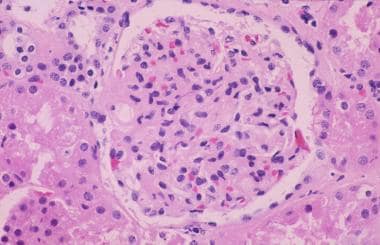Early CKD healthcare – who is better (nurse practitioner, GP or nephrologist)?
In a recent Canadian study by Matthew, 2023, this question was addressed.
Why is this important?
Early interventions in CKD have been shown to improve health outcomes; however, gaps in access to nephrology care remain common. Nurse practitioners can improve access to care; however, the quality and outcomes of nurse practitioner care for CKD are uncertain. Hence there was a need for this study; carried out on a large number of CKD patients – with a broad range of CKD stages.
What did the study show?
A total of 961 (99%) patients from a renal nurse practitioner clinic were matched to 961 patients receiving primary care (i.e. a GP), and 969 patients receiving nephrologist care.
After matching to patients receiving primary care alone, those receiving nurse practitioner care had greater use of angiotensin-converting enzyme inhibitors/angiotensin receptor blocker (82% versus 79%) and statins (75% versus 66%), fewer prescriptions of nonsteroidal anti-inflammatory drugs (10% versus 17%), greater eGFR and albuminuria monitoring, and lower rates of all-cause hospitalisation (34.1 versus 43.3 per 100 person-years) and all-cause mortality (3.3 versus 6.0 per 100 person-years).
When matched to patients receiving nephrologist care, those receiving nurse practitioner care were also more likely to be prescribed angiotensin-converting enzyme inhibitors/angiotensin receptor blockers and statins, with no differences in adverse clinical outcomes.
How does this affect you?
Nurse practitioner care for patients with CKD was associated with better guideline-focussed care than primary care alone or nephrologist care, with clinical outcomes that were better than or equivalent to primary care alone and similar to those with care by nephrologists. If you have CKD (especially CKD4, or CKD3B and deteriorating) ask your GP to share your care with a renal nurse practitioner, not just a nephrologist.
Last Reviewed on 26 June 2024

